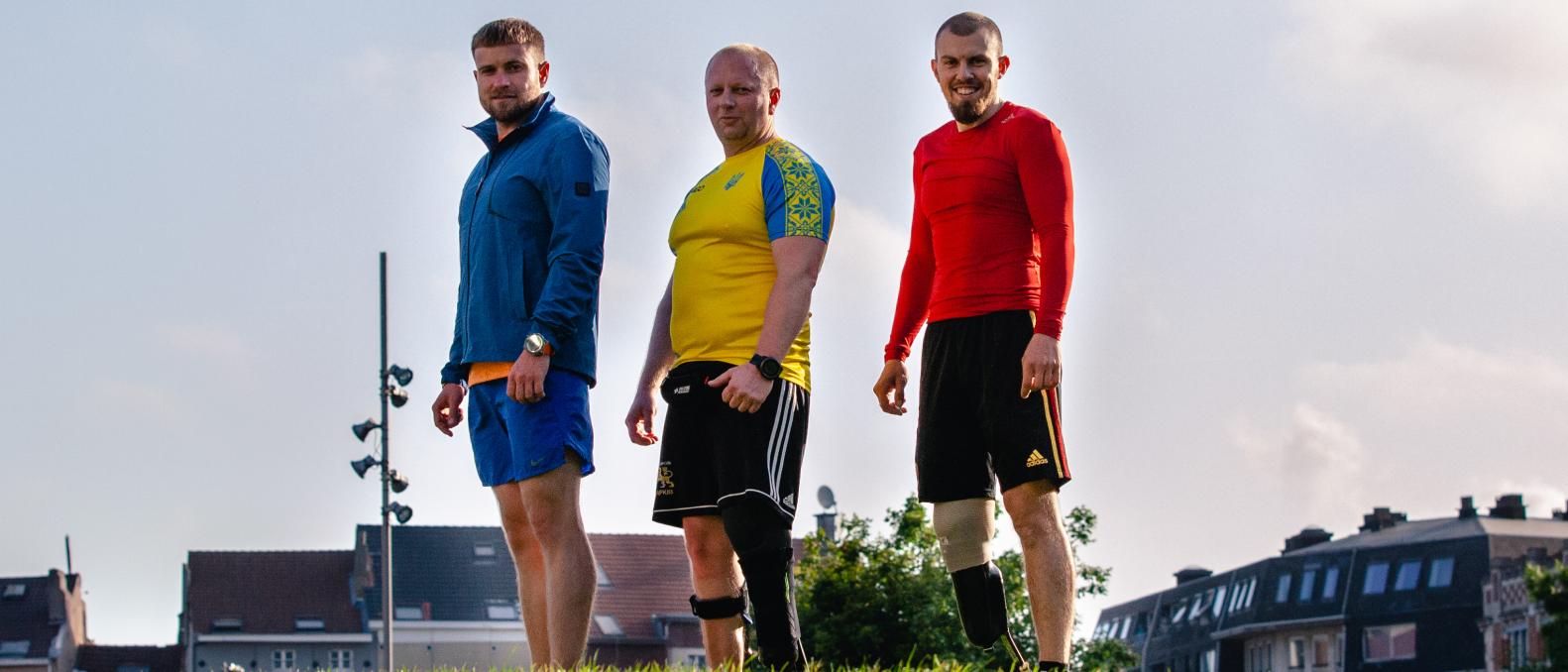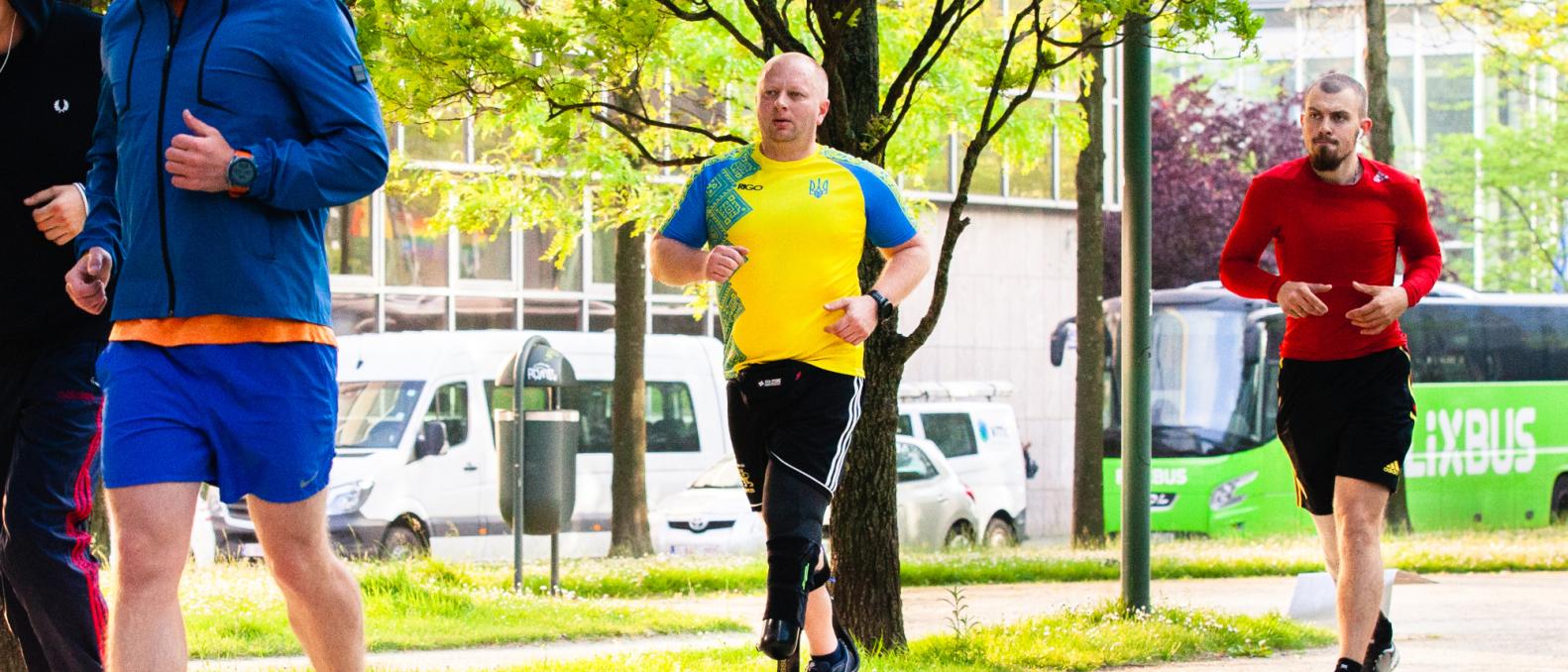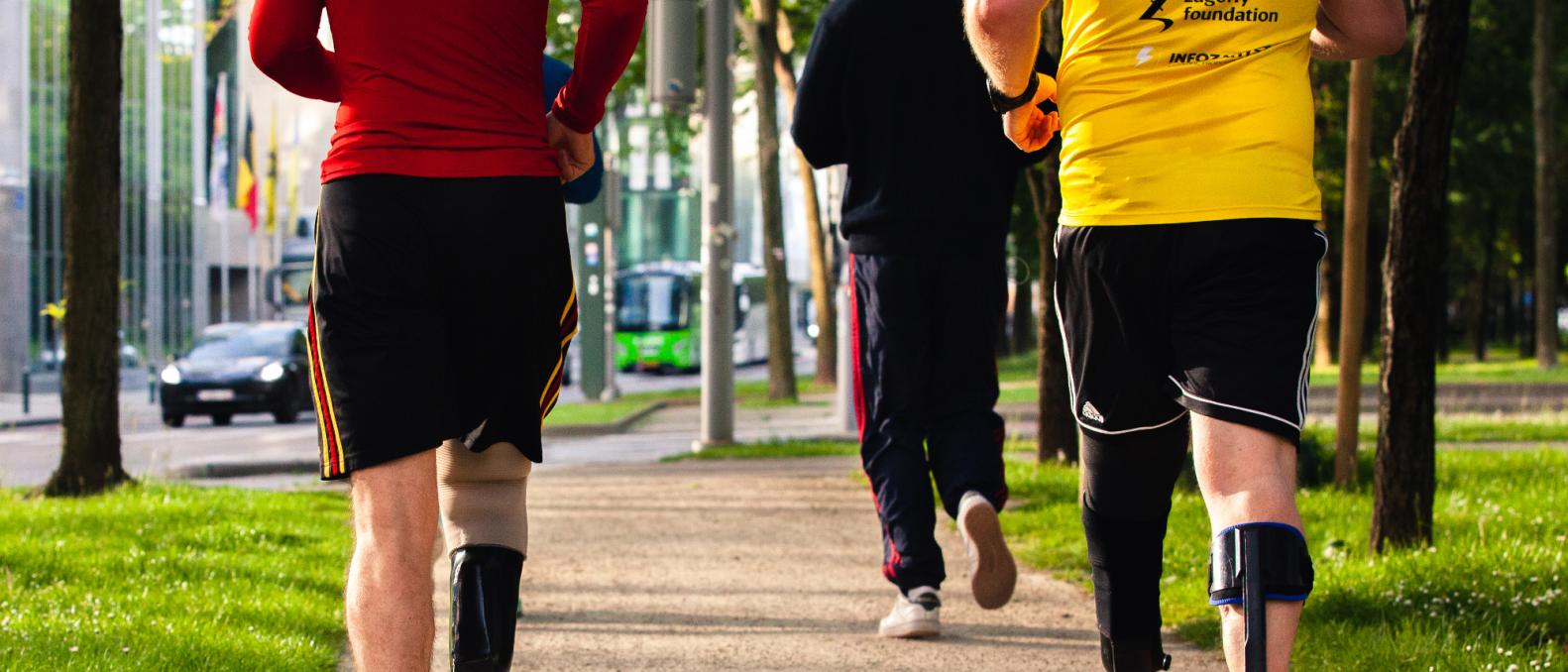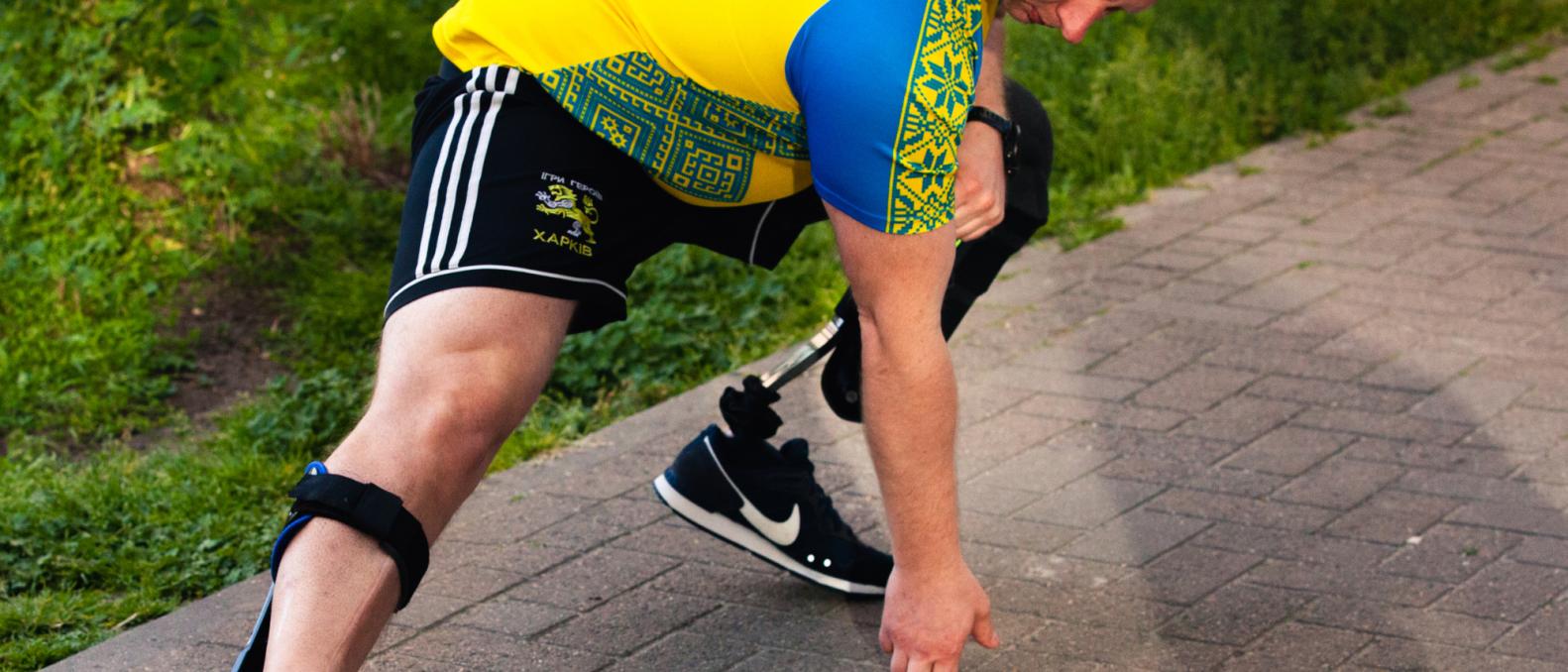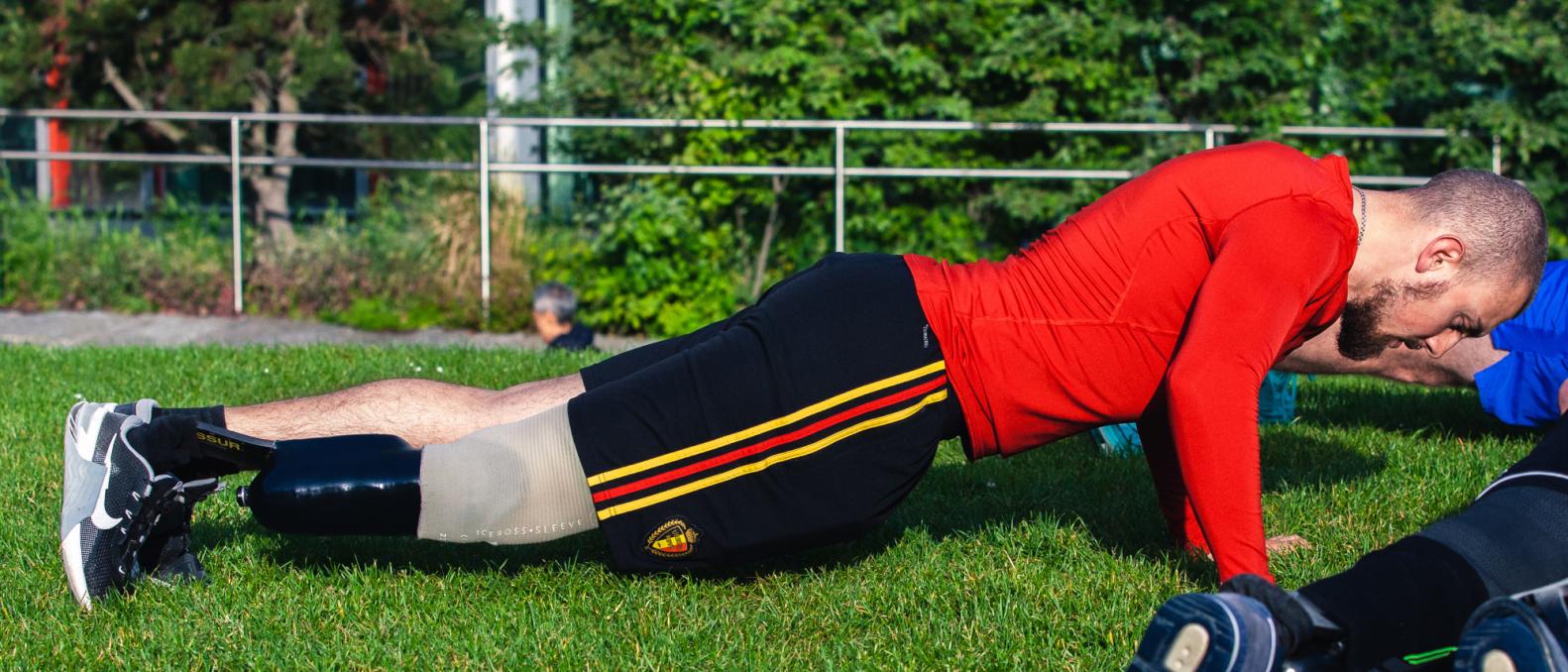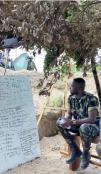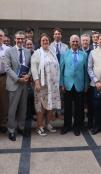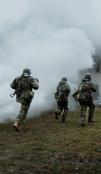Ukrainian vets run for rehab in the Brussels 20km
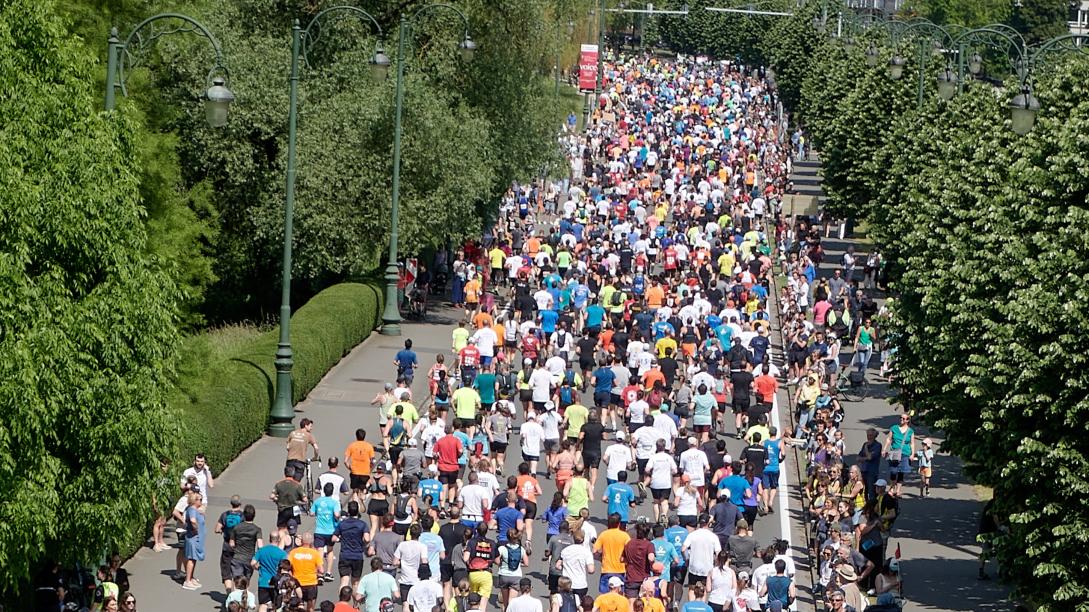
Winding its way through the heart of the European district, passing numerous historical landmarks and boasting over 40 000 participants, the Brussels Run is the largest participation event in the Belgian capital’s annual sporting calendar.
The 2023 event had a special purpose for Ukrainian athletes and war veterans Yurii Tsyntylevych, Yurii Kozlovsky and Roman Kashpur. They took part in the 20km Brussels Run to highlight the need for long-term rehabilitation services in their homeland.
While it's challenging enough already to participate in a 20km running event in the sweltering heat, it’s even more difficult when you’re an amputee and living with war wounds.
Landmines everywhere
Like any large country, Ukraine had hundreds of patients in rehabilitation treatment programmes before the full scale invasion in 2022. Since then, the numbers have climbed into the many thousands as not just military but civilians fall victim to munitions, booby traps and land-mines due to the war of aggression started by Russia.
"A huge amount of our territory has landmines," as Yurii Kozlovsky says.
"It is really terrifying," he says. Mines and booby traps are a daily reality in liberated territories. “We were not ready for such a challenge - because of their quantity," he says.
A 20-year veteran of the Ukrainian military, Kozlovsky was not much interested in running until he was seriously injured by a booby trap device while on patrol in Donbas in 2016. He lost his left foot in the explosion.
Sports' Prosthetic
While he was recuperating, he began to dream of running as a way to escape his limitations. The moment he received his first sports’ prosthetic, that's exactly what he did.
He started to run first three, then seven, then ten and now 20 kilometres.
If I had the possibility to run, I ran
"If I had the possibility to run, I ran," he says.
He wants his running to inspire fellow vets to confront their own limitations. Taking part in sports like running and cross-fit is also good for his mental health. "When you are involved in performance sports, you don't think about some problems," he says.
Post-service reintegration also benefits. "When you come back from war and also you are injured, it can be hard to find yourself in civilian life," says Yurii.
Marathon quest
Meantime, his sporting comrade Roman Kashpur became the first Ukrainian war veteran amputee to complete the full 42km distance in the London Marathon earlier this year.
He is now on a quest to complete the prestigious Big Six series of world marathon majors, which is the ultimate road-running challenge. What drives him?
It's motivation for other veterans
“I’m really motivated by the idea of running the marathon because it's motivation for other veterans,” he says.
In a similar way to how these veterans have learned to live with their personal injuries, the country of Ukraine is learning to deal with surging numbers of people who have ongoing rehabilitation needs.
Already, Ukrainian specialists are learning about the most advanced techniques and materials available to create prosthetics thanks to support from European and American colleagues. Together they are able to design and manufacture world-class medical devices.
Rehabilitation programmes
Unfortunately, they are presented with overwhelming numbers of people who need complex treatment with tailor-made prosthetics and rehabilitation programmes.
When even everyday life in Kyiv and Ukraine consists of work, school and home but also air-raid sirens and bomb shelters, participation sport is an unexpected kind of defiance that helps people of all abilities contend with the awful consequences of war.
- Watch a video about the latest EU EUR 25m support for de-mining activity in Ukraine
- The athlete's visit was organised by the Promote Ukraine Hub in Brussels
- Follow the link to read Josep Borrells latest blog post about Lessons from the war in Ukraine about the future of EU defence

